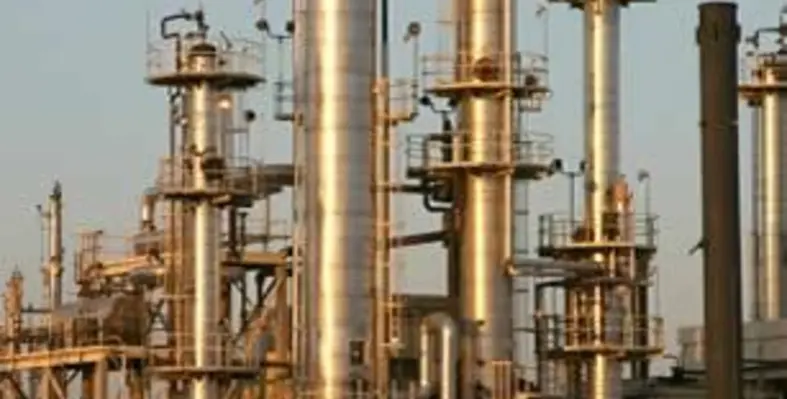Energy supply and rising temperatures are global problems, but the IEA says Africas contributions will remain almost entirely positive
Unless policies are changed, the world is headed for an uncertain energy future and a certain unacceptable rise in temperatures said the International Energy Association when it launched its annual World Energy Outlook.
Most of the international media coverage that followed focused on these two issues, standbys of most IEA statements over recent years. The Agency is sometimes referred to unofficially as the energy watchdog of the OECD countries, most of which do not produce much in the way of oil and gas themselves.
Targets missed
This year its views have been reinforced by the effects of the Fukushima disaster in Japan – which means that nuclear power is being downgraded as an energy gap filler – and the unexpected 5 per cent plus rise in global CO2 emissions last year which, if continued, means that climate control targets are certain to be missed. Both issues are being debated at the climate change conference in South Africa.
What most of the rest missed was the extremely positive outlook for Africa's suppliers of natural gas. The prospects for national wealth generation in sub-Saharan countries are particularly strong because so little gas is actually used here except for power generation, the supply infrastructure being so poor in most countries outside SA.
The processing and overseas sale of liquefied natural gas, pioneered in Algeria but now a mainstay of the national economies of Egypt, Equatorial Guinea, Nigeria and others, has been what has made the difference, a point which was positively made in an earlier (June 2011) one-off report on this clean and handy fuel from the IEA. This referred to a coming Golden Age of Gas, one in which Africa with its massive national surpluses will be playing a key part. Hence “The world's remaining resources of natural gas can comfortably meet the projections of global demand to 2035 and well beyond,” the Agency now says.
Hydraulic fracturing
Another reason for this welcome scenario is of course the huge role that a completely new source of gas – hydraulic fracturing – has been playing in recent years. Searching for such 'unconventional' gas has barely even begun in Africa yet.
The net result of all this, the IEA says, is that global demand for gas is expected to rise from 3076 bn cm3 (bcm) in 2009 to 4750bcm by 2035 if called-for 'New Policies' – at the centre of the Durban debate – are adopted. And to 5087bcm if they are not.
Over this period all-Africa's demand will increase to just 161bcm, a tiny increase from an existing minuscule total.
Meanwhile Africa's contribution will increase from 196bcm in 2009 to 442bcm by the target year, principally because of a massive average 6.2 per cent annual increase in output of mostly liquefied gas in Nigeria.
This means that by 2035 the region will be supplying nearly 10 per cent of the world's natural gas while it continues to consume hardly any of its own.
No doubt who will be keeping the world cool, therefore.












